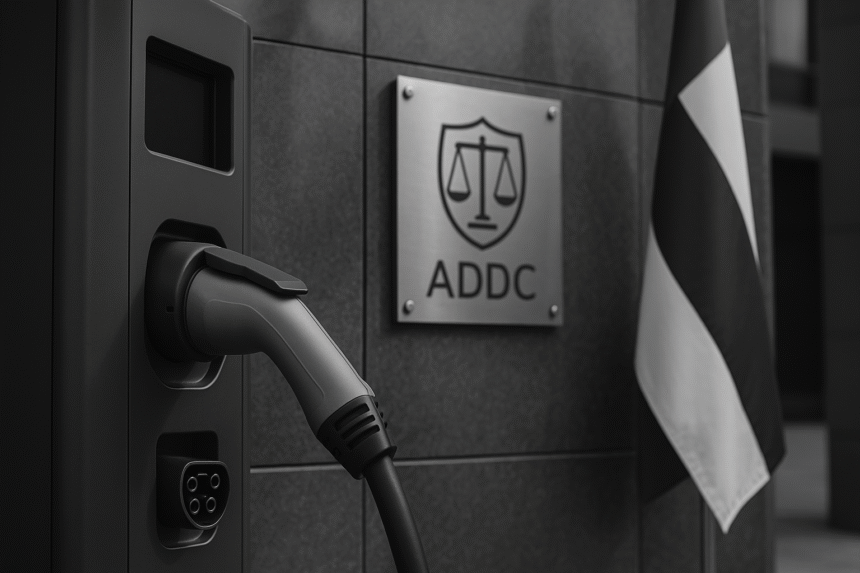Understanding ADDC EV Charger Regulations: A Guide for Installers
As the United Arab Emirates accelerates its transition to sustainable transportation, the role of electric vehicle (EV) charging infrastructure becomes increasingly vital. In Abu Dhabi, the Abu Dhabi Distribution Company (ADDC) oversees the implementation of EV charger regulations, ensuring safety, efficiency, and compliance across installations. For businesses and professionals involved in EV charger installations, understanding these regulations is crucial for successful project execution.
Key Requirements for EV Charger Installations in Abu Dhabi
The Abu Dhabi Department of Energy (DoE) has established a comprehensive regulatory policy for EV charging infrastructure, effective from March 1, 2022. This policy outlines the principles for ownership, installation, and management of Electric Vehicle Supply Equipment (EVSE) in the emirate. Key requirements include:
-
Registration: All EV chargers must be registered with ADDC or the Al Ain Distribution Company (AADC).
-
Compliance with Technical Standards: Installations must adhere to the Electricity Wiring Regulations (EWR) 2020 and other relevant technical guidelines.
-
Use of Certified Equipment: Only EVSE certified by the Abu Dhabi Quality and Conformity Council (QCC) should be used.
-
Qualified Personnel: Installations must be carried out by licensed electrical contractors approved by the DoE.
These measures ensure that EV charging infrastructure in Abu Dhabi meets the highest standards of safety and performance.
Essential Compliance Documentation
To align with ADDC regulations, installers must prepare and submit several key documents:
-
Technical Specifications: Detailed plans outlining the technical aspects of the EVSE installation.
-
Load Calculations: Assessments demonstrating the electrical load and capacity considerations.
-
Compliance Certificates: Proof of adherence to QCC standards and other relevant certifications.
-
Installation Reports: Comprehensive records of the installation process, including testing and commissioning results.
Maintaining thorough and accurate documentation is essential for regulatory approval and future audits.
Comparing ADDC and DEWA Regulations
While both ADDC (Abu Dhabi) and DEWA (Dubai) aim to standardize EV charger installations, there are notable differences in their regulations:
-
Load Basis for SMDB: ADDC uses demand load calculations, whereas DEWA relies on total connected load.
-
Distribution Board Types: ADDC prefers pan assembly or split-type boards, while DEWA utilizes row-type configurations.
-
Mobile Generator Provision: DEWA mandates mobile generators for main distribution boards (MDB) rated at ≥1600A; ADDC does not specify this requirement.
Understanding these differences is crucial for companies operating across both emirates to ensure compliance and avoid project delays.
Impact on Private Sector Tenders
ADDC’s stringent regulations have significant implications for private sector tenders:
-
Eligibility Criteria: Companies must demonstrate compliance with ADDC standards and possess the necessary certifications.
-
Competitive Advantage: Firms with a track record of adhering to ADDC regulations are more likely to secure contracts.
-
Project Timelines: Understanding and planning for regulatory requirements can lead to more accurate project timelines and cost estimations.
By aligning operations with ADDC regulations, companies can enhance their competitiveness in the Abu Dhabi EV infrastructure market.
Conclusion
Navigating the ADDC EV charger regulations is essential for installers and businesses aiming to contribute to Abu Dhabi’s sustainable transportation goals. By understanding key requirements, maintaining comprehensive documentation, and recognizing differences from DEWA regulations, stakeholders can ensure compliance and capitalize on emerging opportunities in the EV sector.



Leave a Reply